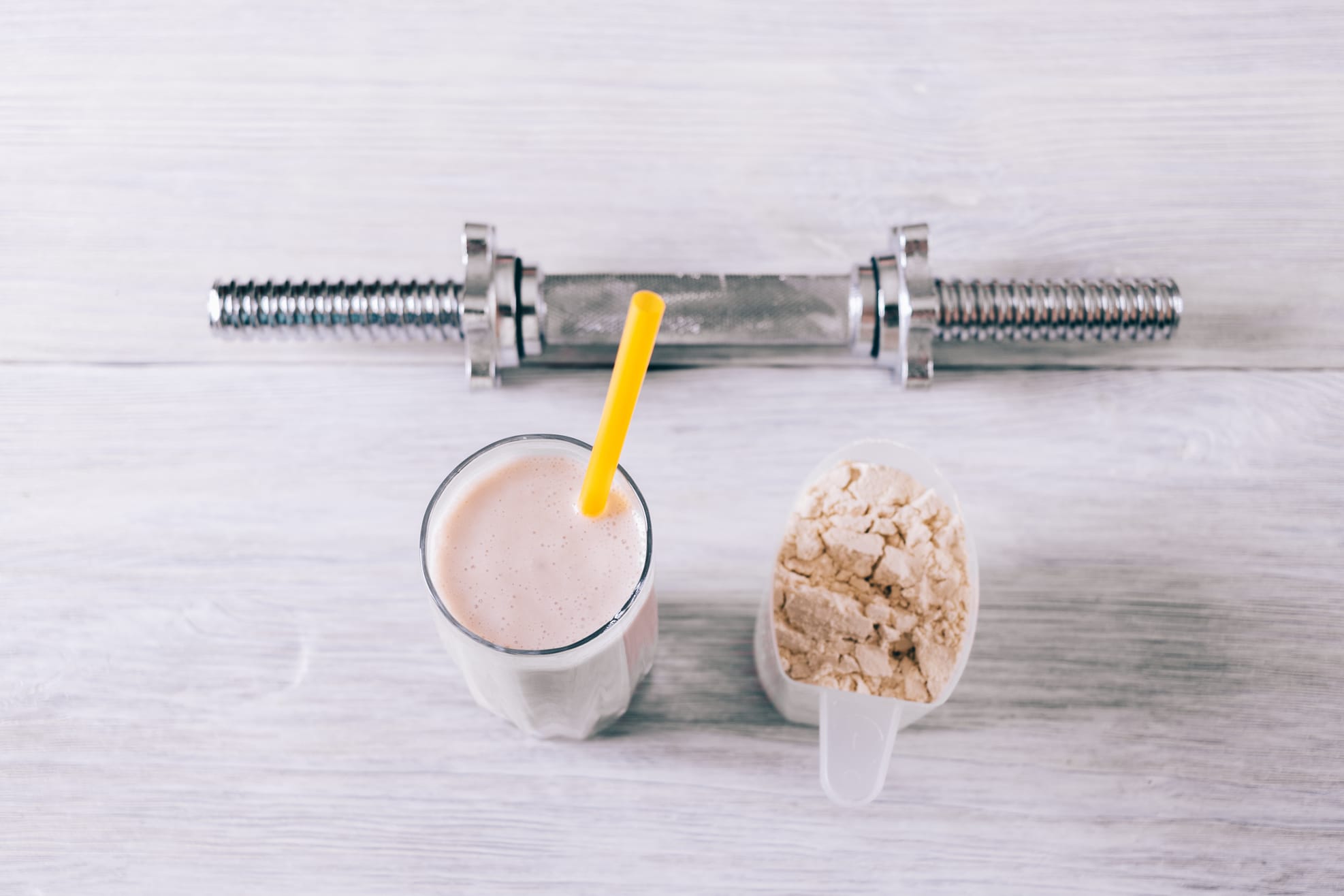Disclosure: This article may contain affiliate links. If you decide to make a purchase, I may make a small commission at no extra cost to you.
Bilberries are an amazing antioxidant-rich food which can ward off many diseases if recent studies are to be believed. The anthocyanins in bilberries are responsible for much of their benefits, but if you don’t fancy bilberries, there are bilberry supplements available which also do the trick!

You probably guessed it already, but bilberries are a cousin of blueberries. They are quite similar, but some people don’t like the bitter taste of bilberries.
And that’s a shame because bilberries are often higher in antioxidants than blueberries. One way to consume them is to make a jam, but these often come with heaps of sugar.
One simple way for those poor unfortunate souls who don’t find the taste of bilberries all that pleasurable is to take a supplement which contains a high concentration of these anthocyanins.
But the question is: how much bilberry should you take to get the health benefits?
Many studies have been done on bilberry fruit consumption and bilberry extract. It’s recommended that you take between 160-480 mg of bilberry extract.
Read below to see the main benefits of bilberries and the doses used in studies!
Health benefits of bilberry
There’s been a lot of research over the last few decades on bilberry consumption and also bilberry supplements in both animals and humans.
I’ll go through some of the main benefits associated with consumption bilberries either as a food or supplement and then summarize the dose or amount you need to enjoy the health benefits.
Although dosing and its effects in humans are scarce, there is some data available.
The health benefits of bilberries can be attributed to the biological activity of anthocyanins where they alter gene expression, improve DNA repair, modulate cell-signaling pathways and provide antiglycemic and antimicrobial effects.
Vision
As mentioned in one of my previous articles, bilberries are one of the best eye supplements you can take to improve your vision and protect your eye health.
Anecdotal evidence back at the time of world war 2 emerged when pilots noticed an improvement in their night vision. Later on, these reports inspired researchers to look at the effect of bilberries on vision in animals and humans.
Studies have shown bilberry can help with:
- Reducing free radical damage, cell death and inflammation in the eye when the eyes are exposed to blue light. [1]
- Boost intracellular antioxidant enzymes in the eye to prevent free radical damage.
- Improve retinal vascular health.
- Prevent diabetic retinopathy.
- Improve visual function in patients with glaucoma when combined with Ginkgo Biloba.
- Prevent eye fatigue
- Improve dry eye syndrome
The anthocyanins in bilberries also can indirectly improve vision by reducing blood sugar, improving blood pressure, reducing cholesterol and improving blood flow.
In one study, subjects who were experiencing eye fatigue took 480 mg of bilberry extract and saw improvements in eye pain, eye heaviness, uncomfortable sensations, and foreign body sensations. [2]
Web MD suggests a dose of 160 mg taken twice daily for people with retinal diseases. [3]
And finally, in another randomized, double-blind, placebo-controlled trial, an extract called Mirtoslect which contains highly purified anthocyanin extract was used to treat dry eyes in rats and showed that it was effective in improving the antioxidant status and tear secretion.
Reduces blood sugar
It’s often advised that people who are diabetic or have high blood sugar avoid fruits. However, berries are one type of fruit that is low glycemic and actually improve blood sugar levels when consumed with a high carbohydrate and high-fat meal.
In a study in young healthy volunteers, bilberry drink with oatmeal decreased the blood sugar spike after the meal. [4]
Another study using a single supplement of standardized bilberry extract with 36% wet weight (w/w) anthocyanins (each capsule was 470 mg of bilberry extract) or equivalent to 50 grams of bilberries.
The use of bilberry extract significantly reduced postprandial glucose and insulin and demonstrates that this may be useful in people who have high blood sugar levels or diabetics. [5]
Protect against cardiovascular disease
Bilberries have also been recognized to have benefits for the cardiovascular system because it strengthens blood vessels, has powerful antioxidant and anti-inflammatory effects and also improves cholesterol profile.
In 2016, researchers looked at the effects of bilberry consumption on risk factors for cardiovascular disease. Men and women consumed 150 grams of frozen stores bilberries 3 times per week for 6 weeks.
Consumption of bilberries led to a decrease in total cholesterol, triglycerides, glucose, and increased HDL cholesterol.
By showing significant improvements in LDL-C/TG ratio and increasing HDL cholesterol, this study confirms the benefits of bilberries in preventing cardiovascular disease. [6]
Improves and protects skin
Bilberries, due to their high amount of antioxidants are able to help prevent oxidative damage and UV damage to the skin. Studies have also shown that bilberries can regulate the immune system response in the skin and control inflammatory skin conditions such as atopic dermatitis. [7]
Other benefits
Those are some of the main benefits of taking a bilberry supplement or consuming them regularly as part of your diet. But there are a few other benefits that also have been shown, but mostly in animal studies.
- Improvement in chronic fatigue syndrome
- Prevention of urinary tract infections
- Skin infections
- Gastrointestinal disorders including IBD, celiac disease, with an improvement of symptoms like pain, bloating and diarrhea
How much bilberry should you take?
Depending on your reason for consuming bilberries or taking a supplement, the dose can vary. It’s recommended that you consume between at least 20-60 grams of dried bilberries daily or take a supplement that has been 160 – 480 mg of high concentration bilberry extract powder.
If you’re on any medications, then you may want to talk to your doctor about taking a bilberry supplement. Medications which may interact with bilberry supplements include medications for diabetes and blood clotting medications.
There is no advice available on dosing if you are pregnant. Therefore it’s recommended that you avoid high dose bilberry supplements.
Side effects
Bilberry fruit is considered very safe. Some studies have used supplements which contain bilberry, such as pycnogenol, and have been given for over 6 months. Of course, if you think you are having side effects from taking a bilberry supplement, speak with your doctor and discontinue for the meantime.










Fantastic Article
I have also read that it prevents and cures Alzheimers disease – very amazing